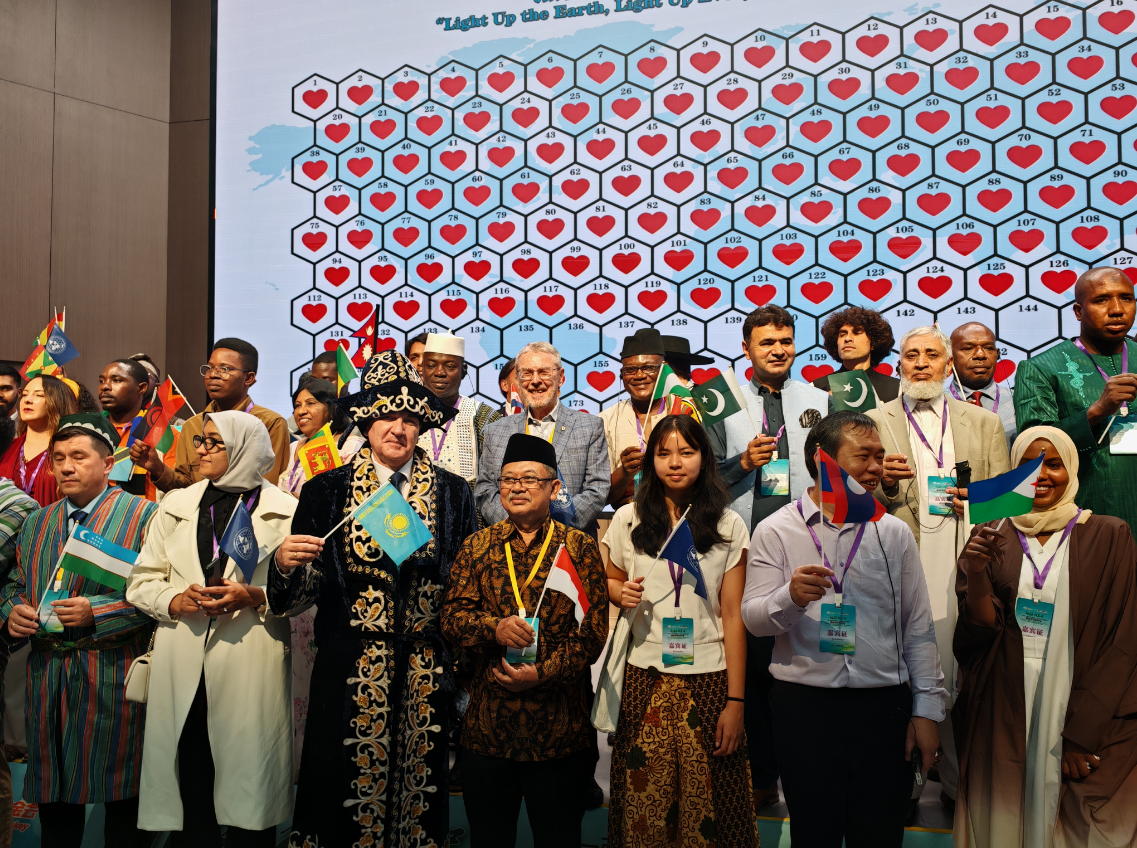
Academician of the Russian Academy of Sciences V.V. Rozhnov, Chairman of the Scientific Council of the Russian Academy of Sciences on the problems of ecology of biological systems, scientific director of environmental and environmental projects and international programs of the Institute of Ecology and Evolution of the Russian Academy of Sciences, took part in the 2024 International Congress on the system of environmental safety for all people living along the Belt and Road (2024 International Workshop on An Eco-Security System for All People along the One Road & One Belt, which took place in Shennongjia National Park in Hubei Province from May 27 to 30, as a visiting member of the scientific committee.
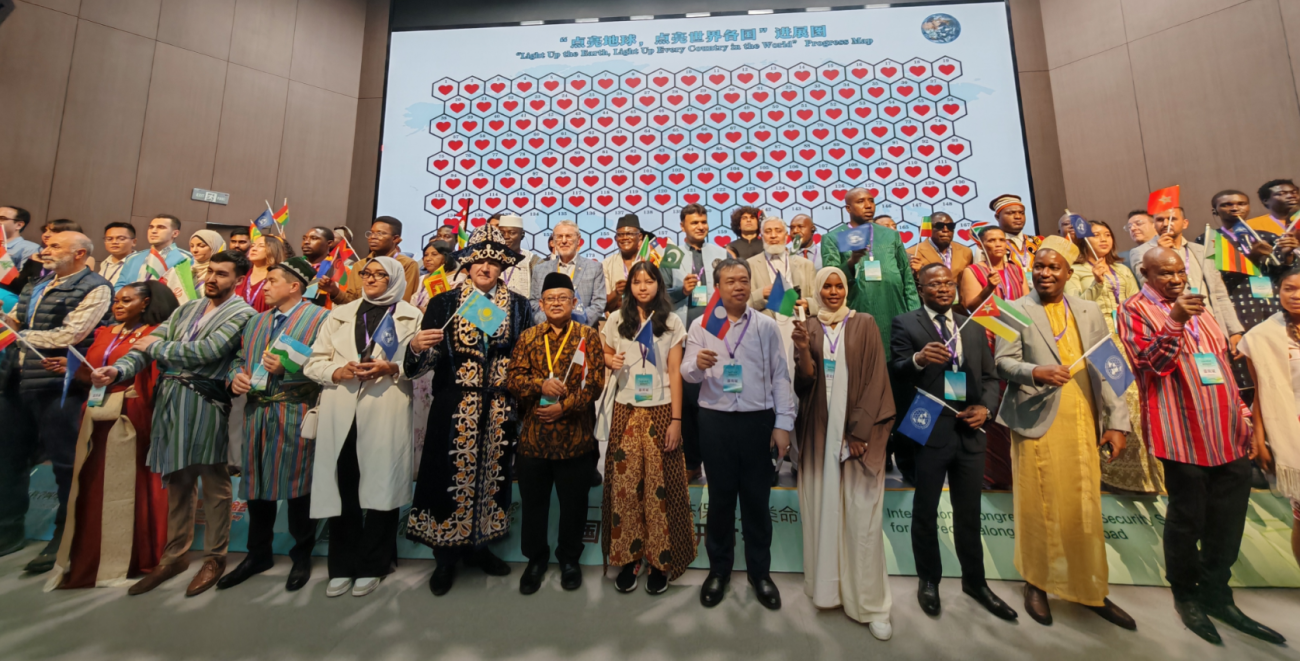
The Congress is a continuation of the Chinese plan “Building a Community with a Shared Future for Mankind (CSFM) to achieve win-win sharing”, presented by Chinese President Xi Jinping at the World Economic Forum in Davos in 2017. The concept of this plan was developed by the International Scientific Network of the National Environmental Security System (NESS), Haikou Forestry Bureau and Hainan Normal University together with other 22 co-organizers. This concept is reflected in many UN resolutions and is recognized and endorsed by a large number of countries.
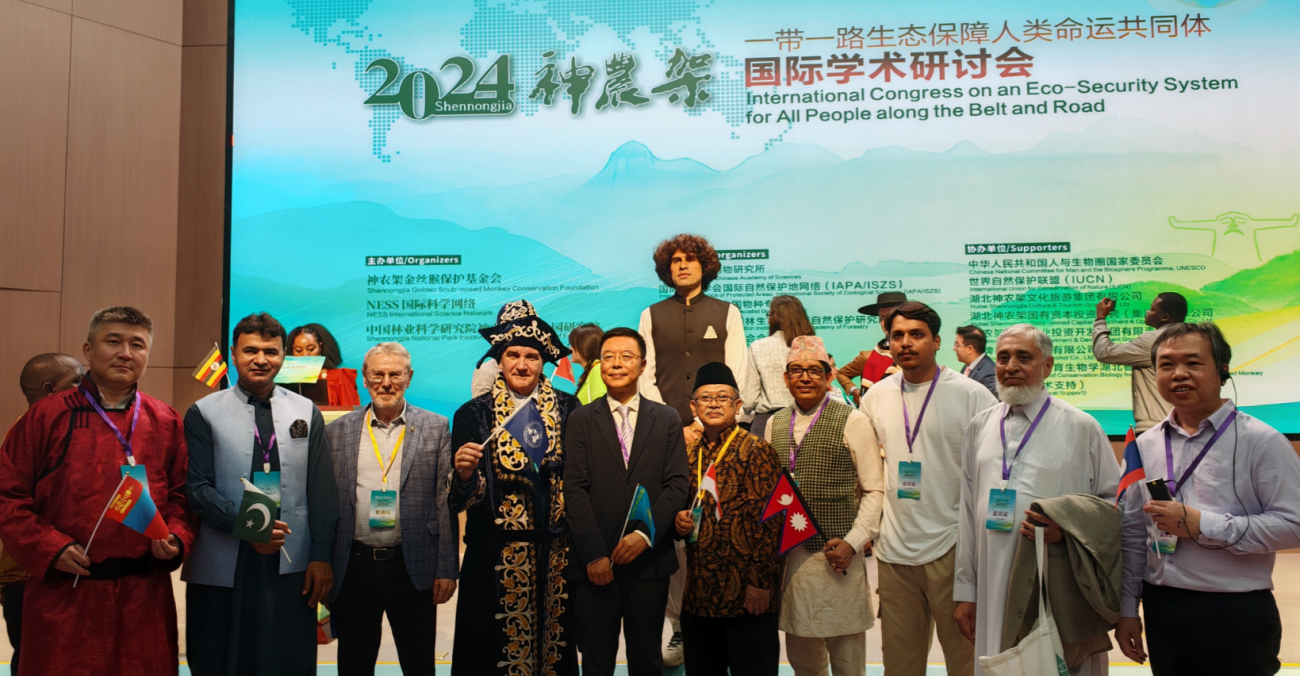
The 2024 Congress was attended by delegates from more than 40 countries, including Russia, as well as representatives of a number of UN and other international organizations. Videos prepared by various countries were shown at the opening ceremony. This was followed by a session on “Co-creating an environmental security system for all people along the Belt and Road”, which was opened by Dexin Tian, founder and chief scientist of the NESS International Scientific Network, presenting a report on the global development of an environmental security system for all people.
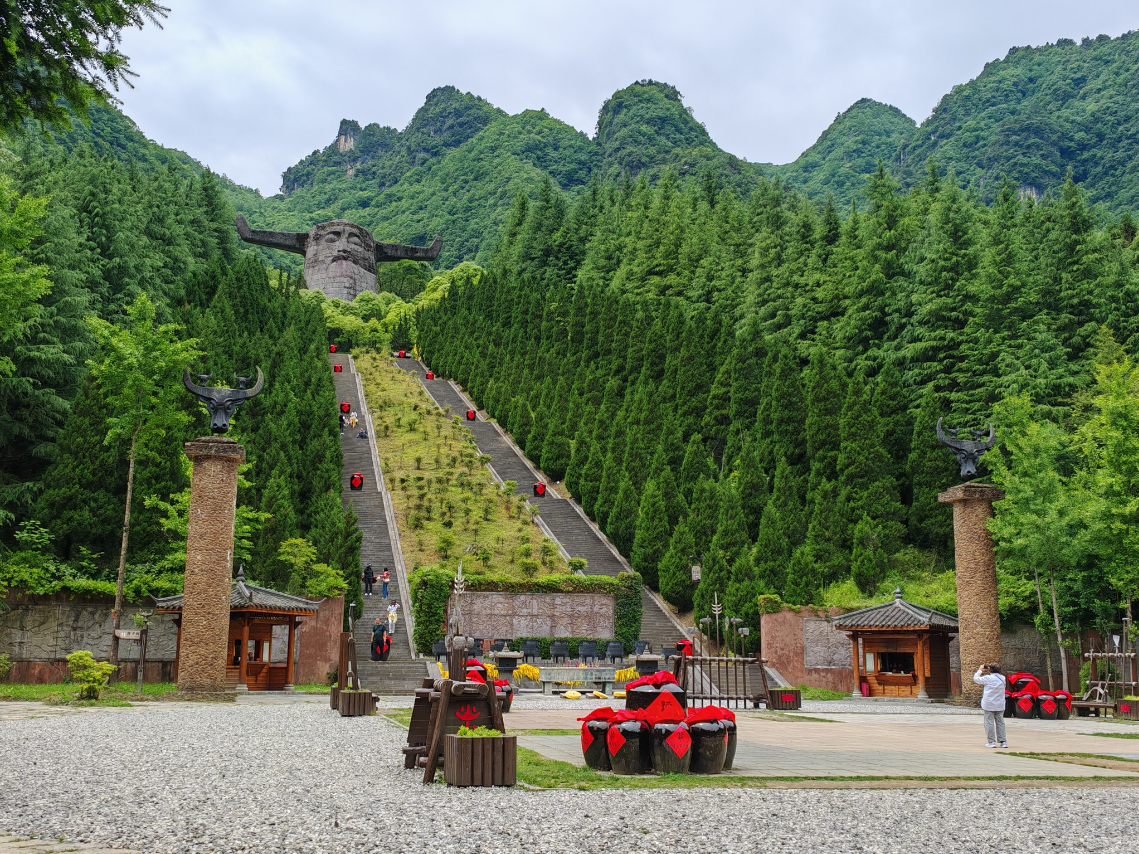
In addition to the Forum on the creation of the international scientific network NESS, meetings were held within the framework of forums on species, on protected areas and on IUCN. The Species Forum on May 27 focused on principles of species research and setting conservation priorities. V.V. Rozhnov presented a report on the topic “Ecological safety system for all people along the Belt and Road: Barriers and corridors in the ecology of large mammals.” When discussing the issues of choosing species for studying V.V. Rozhnov focused on the existence of two approaches to the study of species: the population-species approach, which requires studying rare species, and the ecosystem approach, in which, in this context, one should proceed from the disruption of ecosystems and their failure to fulfill their functions, and in order to restore these functions, key species in such ecosystems should be identified, studied and restored; another group of species in this approach should be indicator species of the state of ecosystems, so that, knowing their biology, timely measures can be taken to restore disturbed ecosystems.
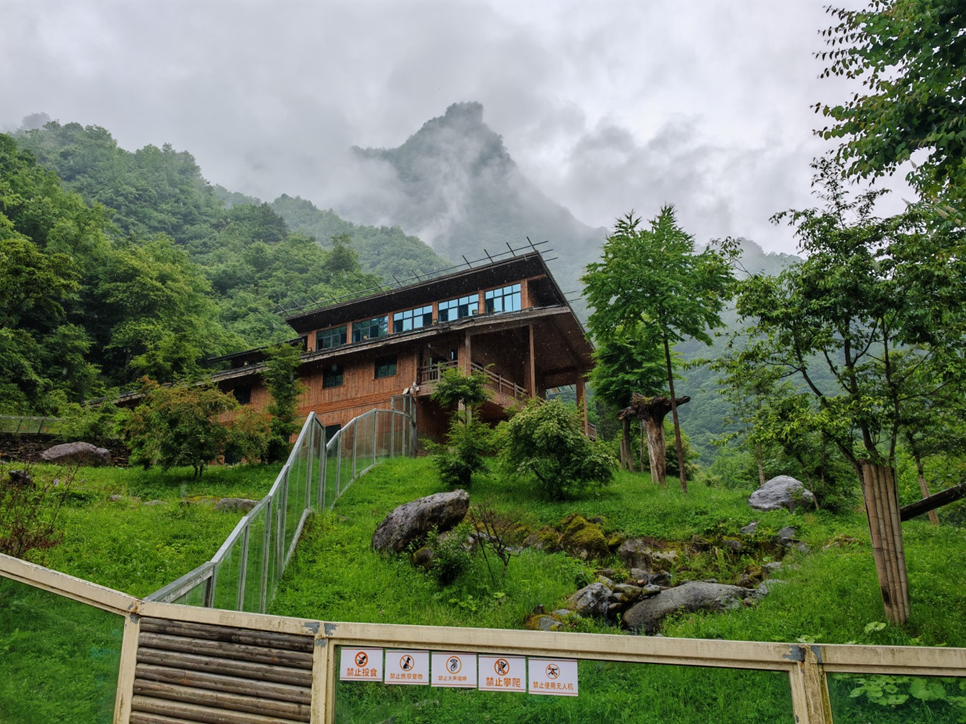
After the official events, wonderful trips took place to Shennongjia National Park, where, in addition to sightseeing, trees were planted in memory of the past Congress.
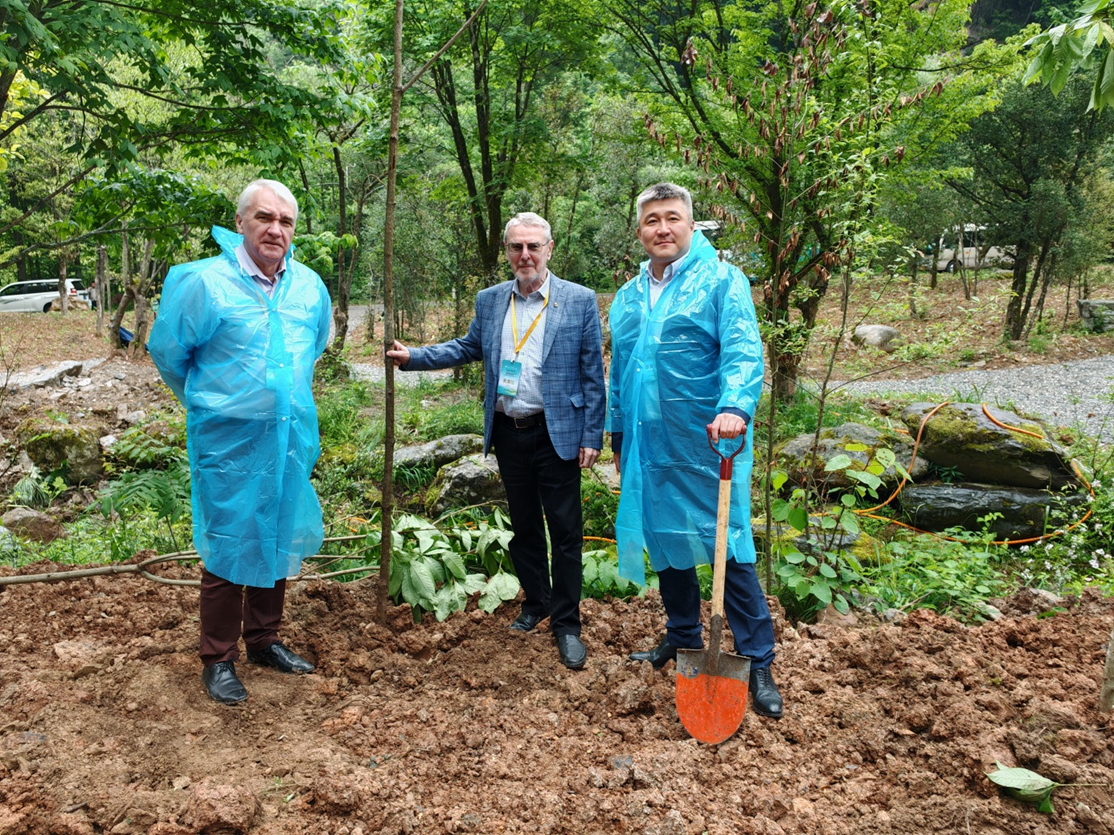
International contacts from different countries were encouraged to attract more supporters of the Green for All People initiative so that a regional and global report could be compiled and presented to heads of state for implementation.
